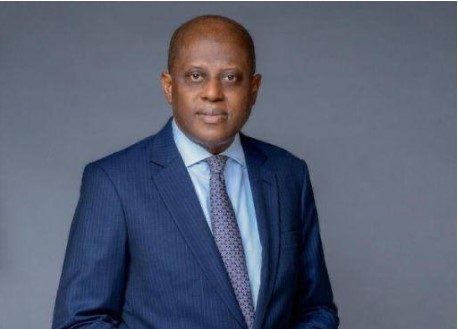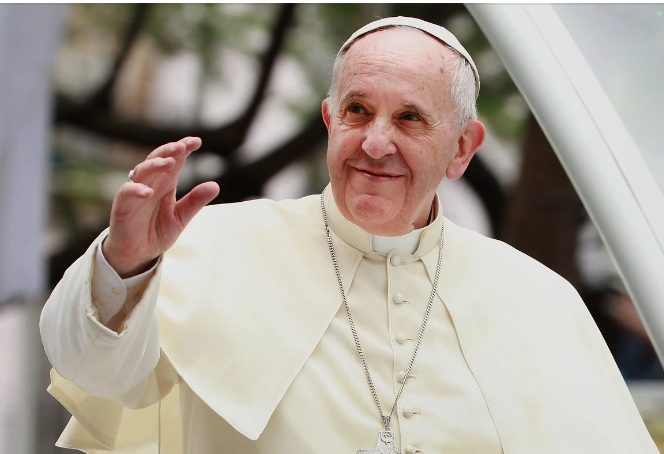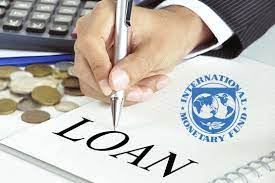In a recent development, House of Representatives member Sada Soli expressed concerns about the Central Bank of Nigeria’s decision to lift the ban on foreign exchange for 43 items. Soli, speaking during a House session, warned that this move might have adverse effects on the local economy.
Contrarily, the Nigeria Employers Consultative Forum (NECA) contested the legislators’ viewpoint, explaining that the 43 items were never banned for import in 2015; instead, foreign exchange restrictions were imposed. NECA argued that these restrictions strained the forex market and believed that the new CBN policy would be advantageous for the nation.
In response to these differing opinions, the House summoned CBN Governor Yemi Cardoso to clarify the rationale behind the decision to lift the foreign exchange ban on items such as fertilizer, cement, toothpick, and 40 others. These items were initially restricted from accessing forex at the official market rate in 2015.
The CBN’s sudden reversal of the ban was prompted by high volatility in the forex market, following the consolidation of all trading windows into the investors and exporters’ window, a move initiated by President Bola Tinubu’s administration.
While the House debated the matter, concerns were raised that the CBN’s decision could lead to factory closures and weaken the nation’s efforts to boost the local economy. Some lawmakers also questioned the potential exploitation of the new policy by intermediaries.
An attempt to reverse the policy immediately was rejected, but an amendment proposed by Kingsley Chinda, representing Obio/Akpor Federal Constituency, Rivers State, suggested that the CBN Governor should appear before the House Committee on Regulatory Banking, Finance, and Customs to provide clarity on the decision.
Industry experts weighed in on the matter. Niyi Yusuf, Chairman of the Nigerian Economic Summit Group, argued that monetary policies were inadequate for addressing trade issues. Instead, he emphasized the need to enhance the competitiveness of the manufacturing sector with appropriate policies and tools.
Wale Oyerinde, Director-General of the Nigeria Employers Consultative Association, viewed the lifting of restrictions as a double-edged policy. He stressed that the 43 items were never on the prohibition list and were not banned from importation; they only had to source forex from alternative channels, which added pressure to the forex market.
Dr. Friday Okpara, Director at the Small and Medium Enterprises Development Agency of Nigeria, explained that the items were not banned but rather restricted from accessing forex through the CBN’s official window. With the establishment of a single forex window, the lifting of the ban was deemed insignificant due to the prevailing scarcity of forex.
Salihu Imam, Chairman of the Oyo State Chapter of the Agricultural Development Farmers Association, called for more comprehensive measures to protect local industries and farmers. He criticized the government’s tendency to resort to panic actions, such as lifting bans, without having substantial support in place for local producers.
Imam suggested that commercial banks should offer low-interest loans to farmers to stimulate local production, citing this as a more sustainable approach to boosting the economy. He emphasized the importance of nurturing local industries before considering the removal of subsidies and allowing exports to generate forex.





